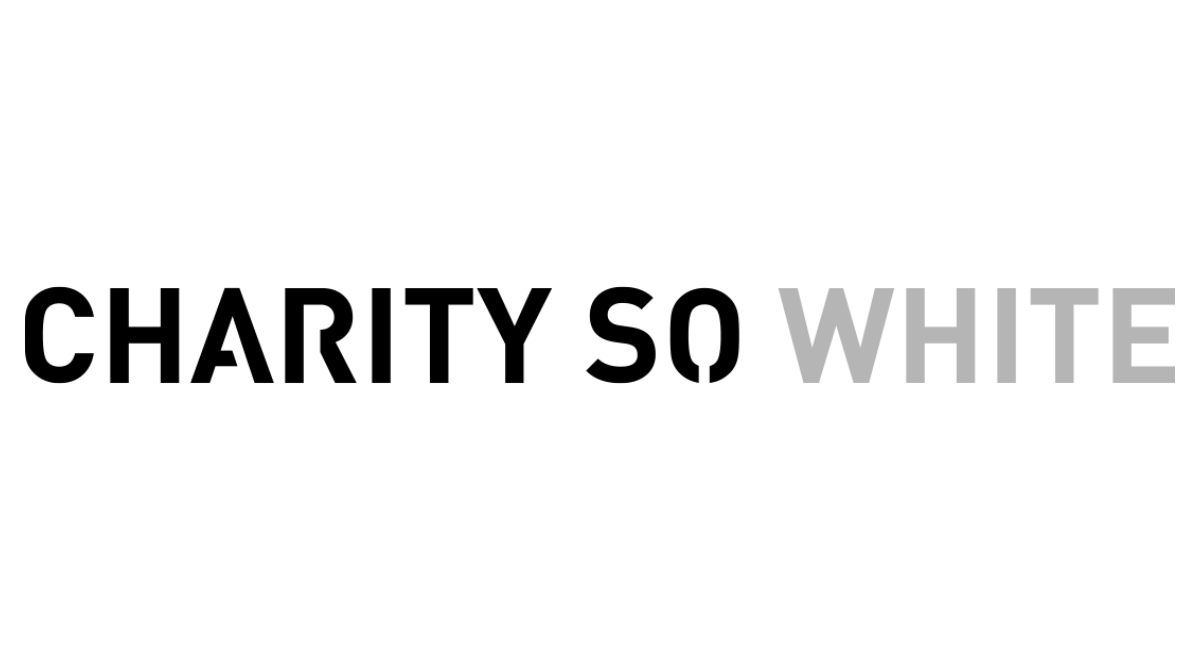We must ensure covid-19 recovery plans centre BAME communities
Wrapping up our covid-19 live position paper - 1st June 2020
We know that covid-19 has disproportionately impacted BAME communities. The death risk for people from Bangladeshi ethnicity is twice as high, while people of other Asian, black and Caribbean ethnicity are between 10 per cent and 50 per cent more likely to die from the virus.. Over a period of 8 weeks we have collected and collated evidence, data, and case studies to showcase all the ways that the impacts of this pandemic were disproportionately impacting BAME communities. But it has become increasingly clear that the reason for lack of action on tackling these injustices and protecting our communities is due to deep systemic racism across our institutions that denies the suffering and experiences of BAME people. Today we are wrapping up our live position paper Racial Injustice in the Covid-19 Response, because it is time to shift focus towards tackling the systemic racism that led to this tragedy.
As the Covid-19 pandemic started to take hold in the UK, we have found ourselves consumed by the news and talking about the potential impacts of this crisis. Conversations turned to action as we started working on what would become our live position paper on Covid-19. We set out key principles to ensure that racial justice would be at the heart of the charity sector’s response to the pandemic. We also set out five key areas where BAME communities could be badly impacted by the pandemic. On 5th April 2020 we released the paper, and updated it for eight weeks w to keep track of developments and the impact of the pandemic on BAME communities. Today it is time to bring this process to a close.
Throughout the pandemic, narratives within the charity and funding sector have emerged calling for evidence of the impacts of Covid-19 on BAME communities, seeking to ‘understand’ why this is happening. This has not led us any closer to finding answers or to protecting our communities. It is not because of a lack of data or a lack of understanding, it is because systemic racism across our institutions and society has led to a reluctance to act. It is because the UK is not ready or willing to face up to and uproot these systems of oppression.
As attention turns towards recovery and re-emerging from lockdown, we now must shift the conversation towards systemic racism and oppression of BAME people in the UK. We must ensure that recovery plans will tackle the socioeconomic and societal injustices that have led to BAME people disproportionately being in lower income and high occupancy households. We must make sure that as the charity sector builds plans and strategies for recovery that tackling racial injustice and systemic racism is a key part of that work.
Over the next few weeks, Charity So White will refocus our energy on building a vision for a charity sector that is racially just and tackles systemic racism and unequal power structures. But we don’t want to do it alone, we will seek to develop ways that BAME people across the sector can come together virtually to collectively build a vision for the future. Together we will build a movement of BAME people working across the sector to tackle institutional racism within our sector and our organisations.
